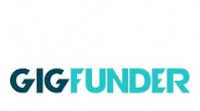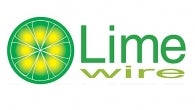"Plan some milestones starting from two months before the release date to at least one month after the album comes out. Here is how this could look:
Two Months Before Release - Release a single, a great way to get the fans excited and also to get some current press quotes to include when contacting press about the full length album - Announce to your fans that tickets are for sale for the CD release show
One Month Before Release - Press campaign begins for new album - Announce pre-sale campaign through your newsletter, and social networks including Facebook and Twitter - Set up a Facebook invite for the new release, send it to all your Facebook friends and post on your Fan Page
Two Weeks Before Release - Keep the excitement going, hold a contest to win a copy of the new album or tickets to CD release show
Release Day Activities - Write a news post about the release on your official website - Send out a Newsletter to mailing list - Update Twitter and Facebook with an “album out now” post and link to where they can purchase it.
One Month After The Release - Service press with official music video and announce tour dates. Again, the more activities you can plan leading up to the release will help build the excitement with your fans, and the more press points you can arrange for after a release will enable you to keep contacting press with new content, while at the same time reminding them about the new album. Also, don’t forget to ask your family, friends, and fans to write reviews of your new album on iTunes and other digital retailers the minute it becomes available. Studies have shown that albums that are reviewed at iTunes actually sell more than albums with little to no reviews posted. In the next and final post, I will talk about supplying content while you’re in between album cycles, as a means to stay relevant and fresh with your current fans, and to increase your fanbase as well."
-----------------------------------
Help support this blog. Any purchases made through our Amazon links help support this website with no cost to you.
You should follow me on Twitter for daily news and updates on production and the music business.
Check out my Big Picture blog for discussion on common music, engineering and production tips and tricks.










